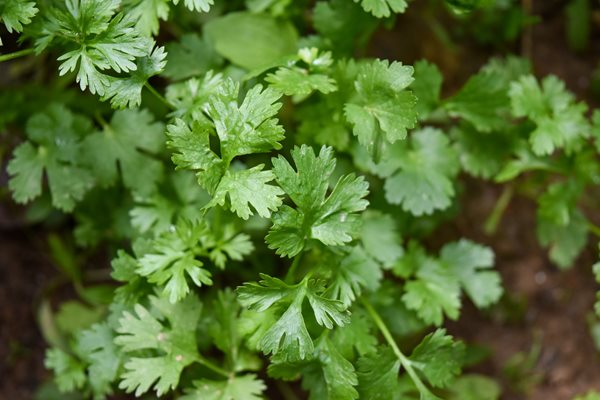Building on the success of our annual Writing Competition for Early Career Researchers, this year, Pharmacology Matters decided to hold its first Junior Science Writing Competition, in collaboration with the Society for Experimental Biology. The competition was for those under 12 and the only constraint on content was that it must be related to science.
We received lots of fantastic entries, they were judged by a panel who thoroughly enjoyed the broad range of topics, and the creativity and curiosity of our young writers. Well done to everyone who entered!
Our winning piece was ‘Giant Bamboo’ by Isaac Waitt, aged 11. Our runners up were Mohamad Ibrahim Aujoyeb, aged 9, with ‘Plants’ (see below) and Reuben and Micah Waitt, aged 10 and 8, with ‘Pets: chameleon, spider, antlion and great diving beetles’.
The Society recognises the importance of inspiring and encouraging the next generation of pharmacologists - whether that be through exploring how medicines are made, or supporting future pharmacologists to share exciting science - just like Isaac, Reuben, Micah and Mohamad. If you'd like to get involved with inspiring the next generation of pharmacologists, please get in touch with the team at education@bps.ac.uk - we'd love to hear your ideas!
Plants

When the COVID-19 pandemic required the United Kingdom to go into lockdown back in March 2020, many people took an interest in planting herbs, fruits and vegetables. My mum and I took inspiration from this and decided to plant coriander and also do an experiment with spring onions. I'm going to tell you how we did it and why I enjoyed it so much.
Materials needed
- Plant pot or container
- Seeds of your choice (we chose coriander)
- Top layer soil
- Bottom layer soil
- (Optional) Spade or shovel
- (Optional) Plant food
Method
-
Firstly, fill half of a plant pot (or a container with holes in the bottom) with soil.
-
Secondly, dig a small hole in the soil using your hands or a spade.
-
Then, plant the seeds inside the pot. For the spring onions we decided to experiment and plant the leftover basal part of a spring onion.
-
After that, cover the seed with a layer of topsoil and wait for the plant to grow. Some plants like direct sunlight and some do not; coriander prefer shade.
-
Over time the plant will grow, and will need to be watered daily otherwise it will wilt and die. Too much water can lead the plant to drown and rot. You may want to buy plant food which can be added to the soil to help the plant grow.
-
Be aware that some vegetables, such as root vegetables, can grow under the soil so if the vegetables cannot be seen, check underneath the soil.
Life cycle of a flowering plant
When the plant is left to grow, the seed will begin to sprout a stem, leaves and flower and they will emerge above the soil - this is called germination. The next stage is when the plant matures and begins to get taller and stronger. After this, pollination occurs and the plant starts to flower and blossom. Once the flowers have been pollinated by bees or other insects, the plant is fertilised and this process produces seeds from the plant. The seeds are eventually scattered by the wind or animals and will grow into new plants. The cycle will then repeat itself.
Why I found this interesting
I learnt about the life cycle of a plant at school but did not use the information. However, by planting the coriander and spring onion I used this knowledge to strengthen my learning. It felt rewarding to grow the plants and to water them with my own hands. It also made me happy to be closer to nature.
My mum added the spring onions to a salad and it felt great to finally taste what we had grown in our garden. We are waiting to pick the coriander, which at the moment is flowering. To help increase the chances of germination, I learnt that I should have soaked the coriander in water and also split the coriander before planting because the husk contains two seeds - maybe next time!
Comments
If you are a British Pharmacological Society member, please
sign in to post comments.